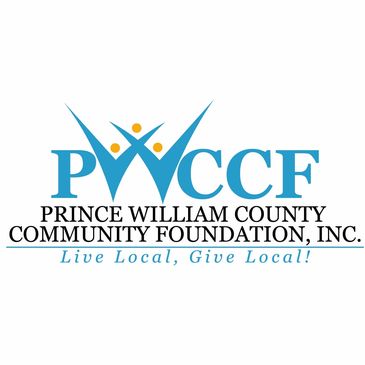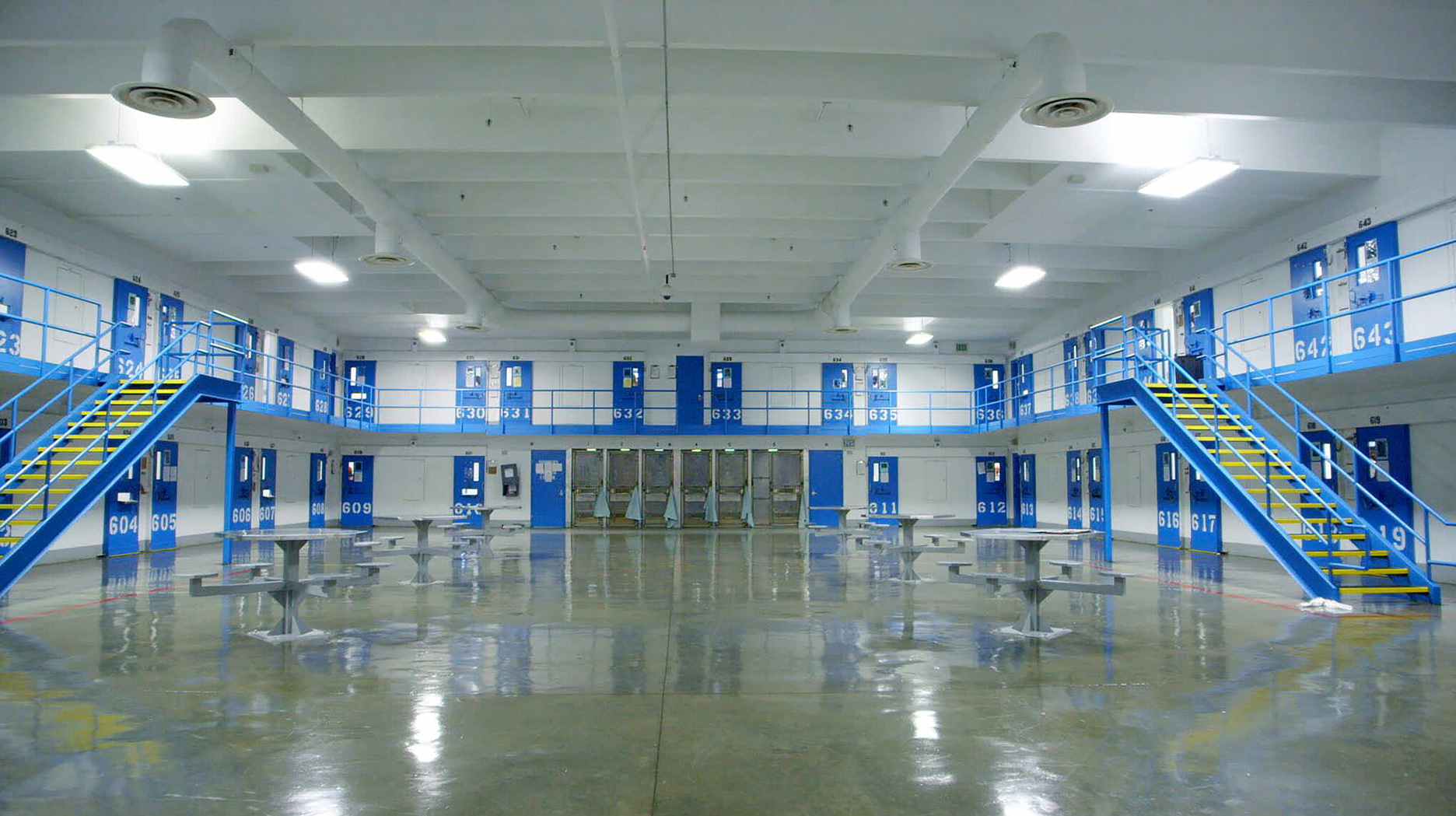Why Virginia needs to embrace legalization of marijuana in 2021
The topic of legalizing marijuana used to be taboo. It was something that you knew was widely used, but yet never addressed, especially in political realms. It’s gone from being the beacon of underground America and idolized by in movies such as “Dazed and Confused” to now being smoked by our grandparents. It has evolved from bongs in basements to edibles in stores; from being only used behind school yards to now being used in restaurants. Ever since the state of Colorado broke ranks and became the first state in 2012 and officially legalized the plant for recreational and commercial use, others have followed suit. As of Election Day 2020, 15 states have now made it legal, including South Dakota of all places.
According to Politico, approximately one in three Americans live in an area where adults have access to it. That comes to about 93 million people, and coming in 2021 the following states will have legalization on the ballot: New York, Florida and Ohio. However, there’s another state that will finally embrace the topic next year, and it is long overdue.
“It’s time to legalize marijuana in Virginia,” said Virginia Governor Ralph Northam in a press release sent out yesterday. “Our Commonwealth has an opportunity to be the first state in the South to take this step, and we will lead with a focus on equity, public health, and public safety. I look forward to working with the General Assembly to get this right.” The Northam Administration is working closely with lawmakers to finalize legislation in advance of the 2021 General Assembly session. Governor Northam made clear that any legislation to legalize adult-use marijuana will need to address the following five principles.
- Social equity, racial equity, and economic equity. Marijuana prohibition has historically been based in discrimination, and the impact of criminalization laws have disproportionately harmed minority communities as result. A report of the Joint Legislative Audit and Review Commission (JLARC) issued yesterday found that Black Virginians are arrested and convicted for marijuana use at more than three times the rate of white Virginians. Legislation should focus on undoing these harms by including initiatives such as social equity license programs, access to capital, community reinvestment, and sealing or expunging records of past marijuana-related convictions.
- Public health. Legislation should include substance abuse prevention efforts in schools and communities.
- Protections for young people. As a pediatrician, Governor Northam will require any legislation include protections for Virginia’s youth, including age limits, mandatory ID checks, and education campaigns.
- Upholding the Virginia Indoor Clean Air Act. Legislation should be aligned with the Virginia Indoor Clean Air Act prohibiting indoor tobacco use, which Governor Northam championed as a state Senator.
- Data collection. Legislation should ensure Virginia collects appropriate and ongoing information on safety, health, and equity.
In 2020, Governor Northam signed legislation that decriminalized simple marijuana possession in Virginia. The legislation also required the Secretaries of Agriculture and Forestry, Finance, Health and Human Resources, and Public Safety and Homeland Security to convene a Virginia Marijuana Legalization Work Group to study the impact on the Commonwealth of legalizing the sale and personal use of marijuana and report the recommendations of the work group to the General Assembly and the Governor by November 30, 2020.
Virginia Attorney General Mark Herring has also voiced his support for Governor Northam’s call for full legalization, tweeting, “Virginia needs to allow legal, regulated adult use of marijuana as a matter of public safety, justice, equity, and economic opportunity.”
Former Gov. Terry McAuliffe, who may be running again next year, also expressed his support for the measure, tweeting: “I’m with you. Let’s do it.” This is in stark contrast to McAuliffe’s stance when he entered the Governor’s Mansion in 2014, but public opinion on legalization has shifted since then.
Marijuana reform has already been a priority for Black and white members of the House of Delegates, including Delegates Jennifer Carrol Foy (D-Woodbridge), Joshua Cole (D-Stafford), Lee Carter (D-Manassas), and Steve Heretick (D-Portsmouth).
These laws have also contributed to the over policing of minority communities and the national crisis that is mass incarceration. From 2001 to 2010, more than 7 million people were arrested just for possession of marijuana. Laws that target marijuana usage disproportionately impact Black and brown communities despite the fact that all racial backgrounds use weed at the same rate.
This is not a new issue; in fact, this is what these laws are meant to do. Marijuana laws in and of themselves are racist, and the only thing that has prevented them from being reversed is racism. With the current social climate calling for systemic reform, politicians are now being forced to come to terms with the fact that they have no choice but to pass new legislation to legalize cannabis.
Northam, Herring, and McAuliffe could have made their calls for legalization at any time, but they waited. Why? Because they do not actually care about the impact these policies have on Black and brown communities; they are changing their tunes now because of their own public images.
The time to legalize cannabis is in the distant past, but late is better than never. Our Commonwealth must begin to undo the damage that it has done over the years, not only by legalizing weed but by also expunging the records of those who have faced arrests and prosecution for their possession or use of cannabis.
Will Virginia finally face its reckoning with its shameful past of policies that have systematically targeted people of color and minority communities by legalizing marijuana? It is a question that anyone running for office in Virginia must be able to answer in 2021.



